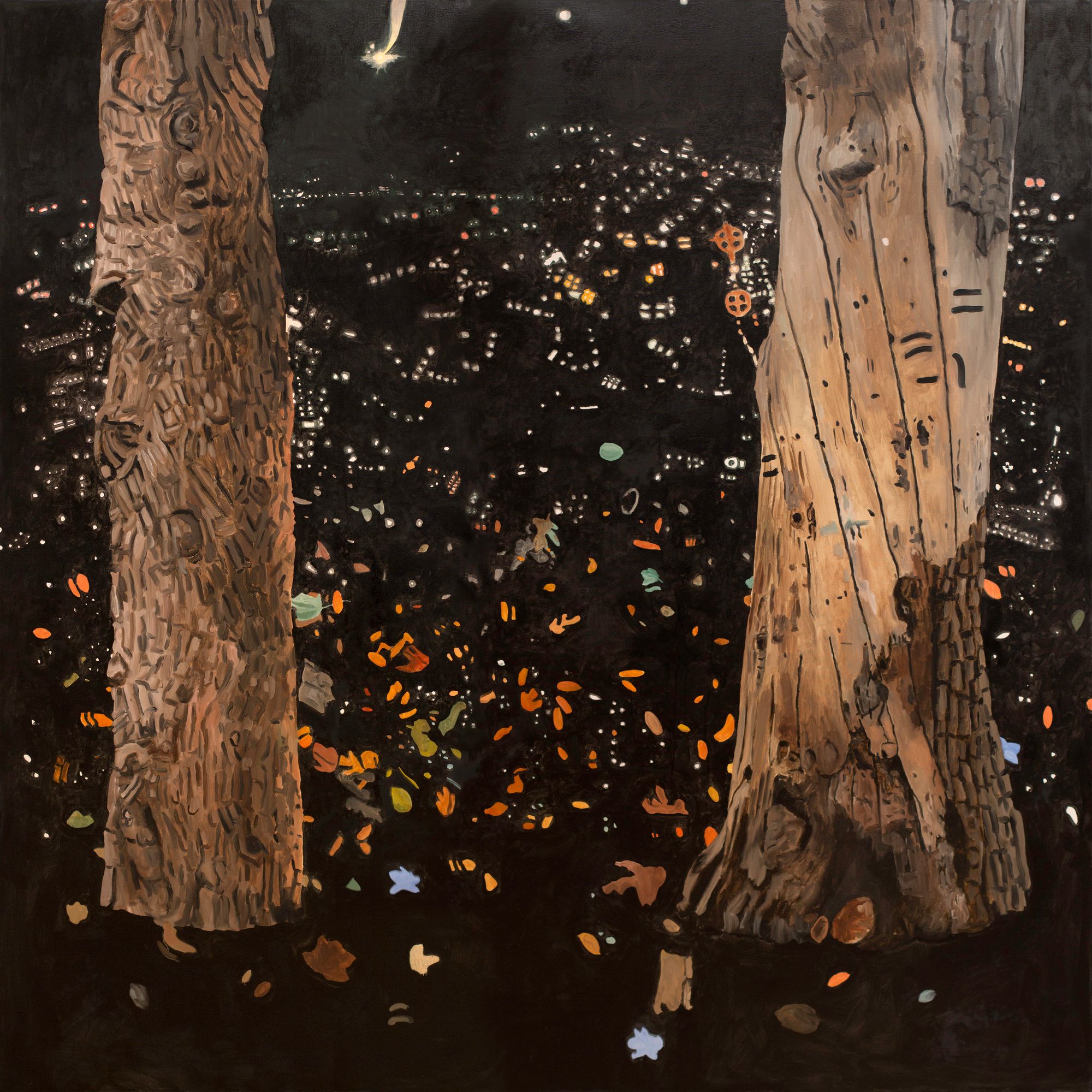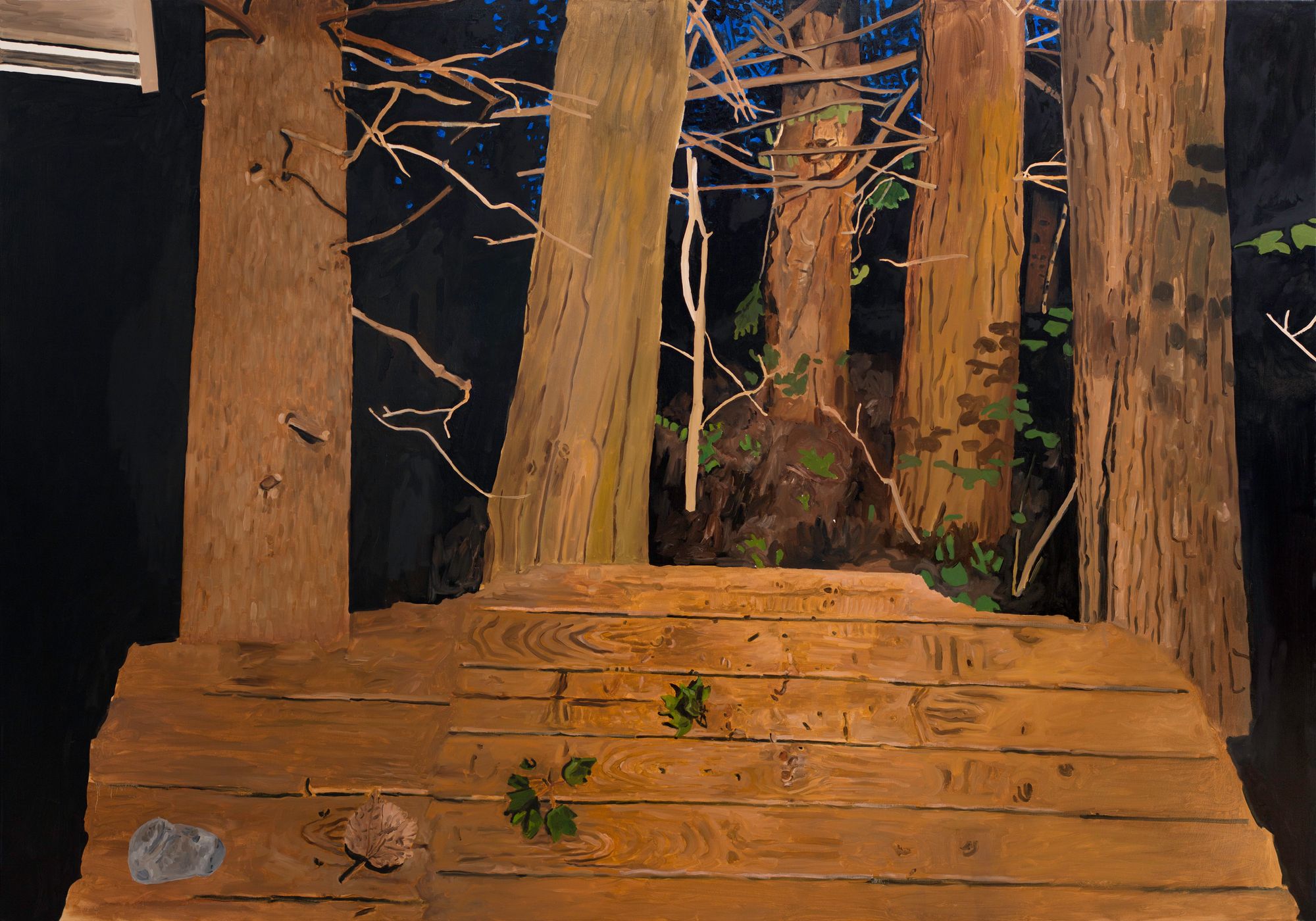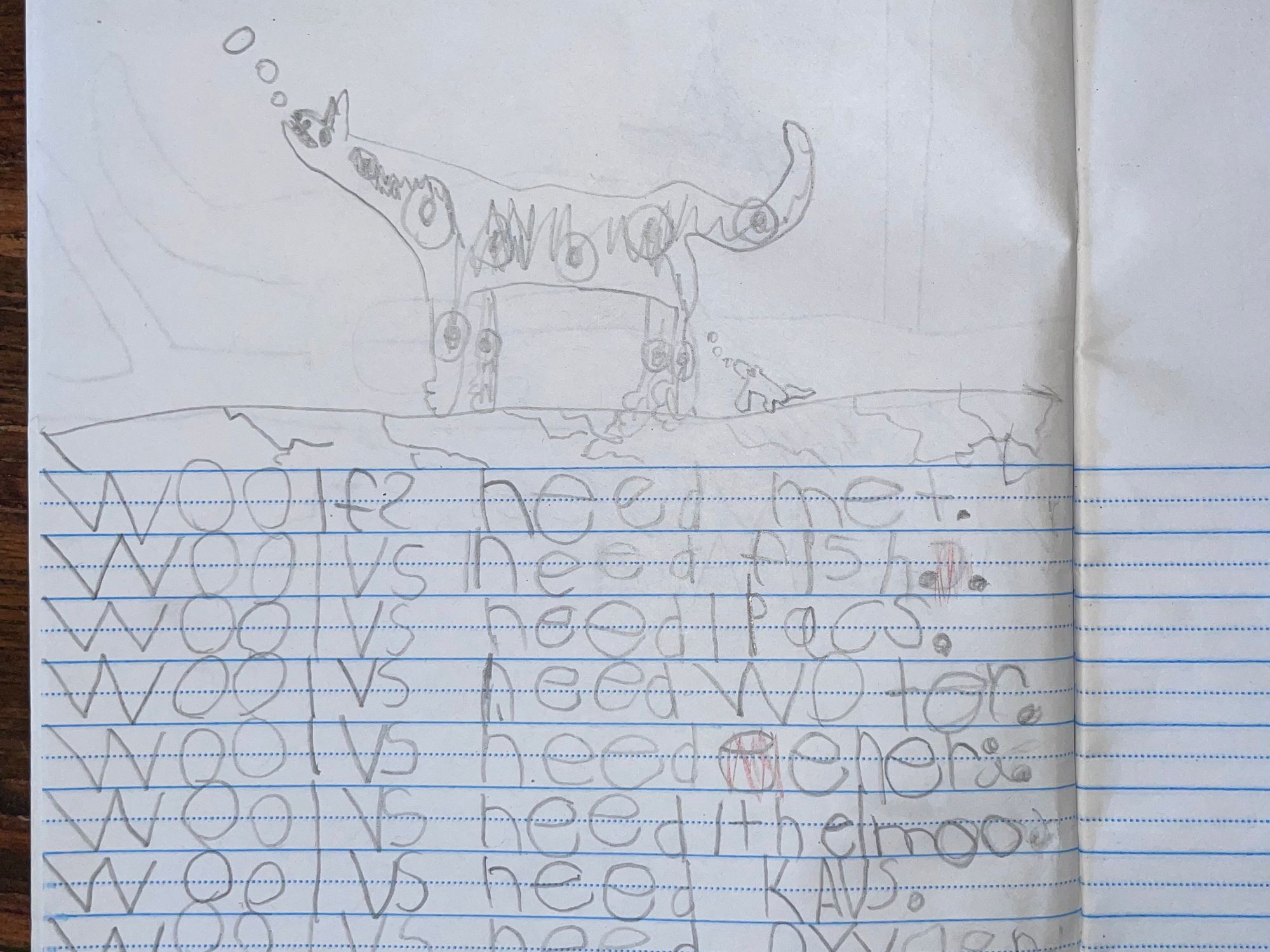Ben Lerner: The Rose
1.
It is a cliched dream, she said, a common
I used to think libraries were quiet because
the way they ban flash photography
books were corroded by speech, the pigments
The one where it's night in the institution
A corduroy bear hides from the watchman
The animals speak at the zoo and sculptures
Relax, stretch, walk around the atrium
low voices to protect the blue glass in the
Supply chain problems, how the mica sparkles
in Jay DaFeo’s The Rose, which I saw first
with Margaux when the new Whitney opened, then
When I was sleeping, the mica sparkling in red
security light, and in my dreams all light is
The way you are everyone in the dream
heat, she lit a cigarette off the screen
blue embers. Like those Magritte paintings where
the house is illuminated by a streetlamp but
a daytime sky, I mean it’s like that to be alive
and made of cloth, and writing this down
In the notebook she keeps by the bed, there are
There is a small light coming up the escalator
I like the poem your son wrote about the wolf
that it has needs, that its first need is meat
spelled “met,” and the second the moon
That the moon is a need that can be met
in the city, whereas the stars are obscured
is cliche, a commons, because they also dream
the institutions, that’s why I like teaching at night
how The Rose, too expensive to restore
too heavy to move, was for years behind a false
wall in San Francisco, and the seminars
on art took place in its presence, invisible
Walls have an unconscious, needs
sleep and oxygen, a pack and large silver fish
spelled “pac,” and my friends and I walk through it
at night, to see what has shifted beneath
the sawtooth skylights, on the soft grass
the little stars, we are tucked in
to the walls around the fire. I’d like to begin

2.
I’d like to begin tonight, he said, by telling you two stories about the power of institutions. When I was eight, the age Lucía is now, my mom’s friend Shirley took me and my brother to a sleepover in the Seattle Aquarium’s famous “undersea glass dome.” Before they turned the lights out, a woman made a series of announcements, emphasizing, among other things, that food of any sort was prohibited. We had sleeping bags and I had my Star Wars pillow. Sharks and rays floated through the watery heavens above us. At some point, Shirley whispered that she’d brought us a treat, and she showed us two small bags of those sugar-coated gummy orange slice candies, which we loved. They seemed to glow in the dark. My brother was thrilled, but I was horrified, maybe because I was so rarely away from my parents at night that I couldn’t tolerate any sign of unpredictability in my guardian. Or maybe I thought the ban on eating was crucial for our safety, that if the sharks or rockfish somehow sensed the candies, they’d come after them, slamming their cold smooth bodies again and again into the glass until it cracked and four hundred thousand gallons of water came crashing down upon us. It must have shocked Shirley when I started to cry, to panic, repeating no, no, no, as she held the small bag toward me, the other “campers” turning small flashlights in our direction. Eventually they calmed me down, Shirley putting both bags of candy back into her purse, infuriating my brother. I remember a sleepless night, trying to keep the dome intact with the pressure of my gaze, though I’m sure I slept for hours. Later that year (this is the second story), I overheard my parents discussing their concerns about my going on the Cub Scouts camping trip because I had recently started walking in my sleep. (I could hear my parents through their wall if I went into my bedroom’s closet). My mom was afraid that I would leave the tent and walk off a cliff or into a lake and my dad kept saying that he understood her concern, but they couldn’t make all their parenting decisions out of fear, I needed to have experiences; they could talk to Dana, the “den mother,” to plead for extra vigilance. I had no desire to go camping, at least without my parents, to have to hold up the dome of the sky, so I started pretending to sleepwalk more aggressively with the goal of scaring my parents into keeping me home. When I actually sleepwalked, I had always stayed on the same floor as our bedrooms, usually going into my parents room and speaking in tongues before calmly going back to bed, but now I made a point of walking noisily downstairs, opening and shutting the front door, although I never left the house. One night when I was banging around in the kitchen, my exhausted dad came downstairs to get me, to coax me gently back to bed, but this time he himself appeared to be more asleep than awake, his eyes half-shut; he was mumbling incomprehensibly. The panic again: I’m awake, dad, I’m awake. I said, desperate to rouse him. I have only been pretending to sleepwalk. Because I don’t want to have experience.

3.
For the next seven years she applied thick paint
chiseled it away, inserting wooden dowels
of the gaze to support the thick impasto
which shifted overnight, transferring it with friends
The way they warn you that articles
may have shifted during flight, it applies to sleep
Wedged out of a bay window on Fillmore Street
after we sawed through the frame, it reminds me of
All my favorite books were about built spaces
shading into wilds, worlds, Narnia through the wardrobe
The prince they tied to a chair, who said
No matter what I say, don’t untie me, stop your ears
Max’s bedroom becoming jungle, Harold drawing the moon
into existence, inadvertently making the sea
when his hand trembled, and the number seven
I read them to my girls, Marcela puts a book
under the pillow to “help me dream,” the door opens onto
forest, because you know the people who built it
are in your walls, that your needs have been met
at the expense of other wolves
is part of Margaux’s work. We saw it get restored
restore itself before our eyes, and like a star collapse
inward continuously before us, saw
through the frame, and I said the rose is obsolete
quoting, renews itself in metal or porcelain so that
I was splicing lines, to engage roses
becomes a geometry, end quote, and the guard
said to her, No flashes, when she didn’t have
She wasn’t holding anything, is the nicest
thing anyone has ever said to me
In a dream, you are everyone, even the walls
You sleepwalk through your seminar on modernist
low voices, you aren’t supposed to wake them
your parents, just gently suggest that they return
So I can relax about influence in her presence
I make a list of my needs: light and heat
“met” and fish, a pact to hold the dome
up above the world so high, like a diamond
and a notebook, a supply chain of our own making
Oxygen, clean water, libraries, caves

Subscribe to Broadcast